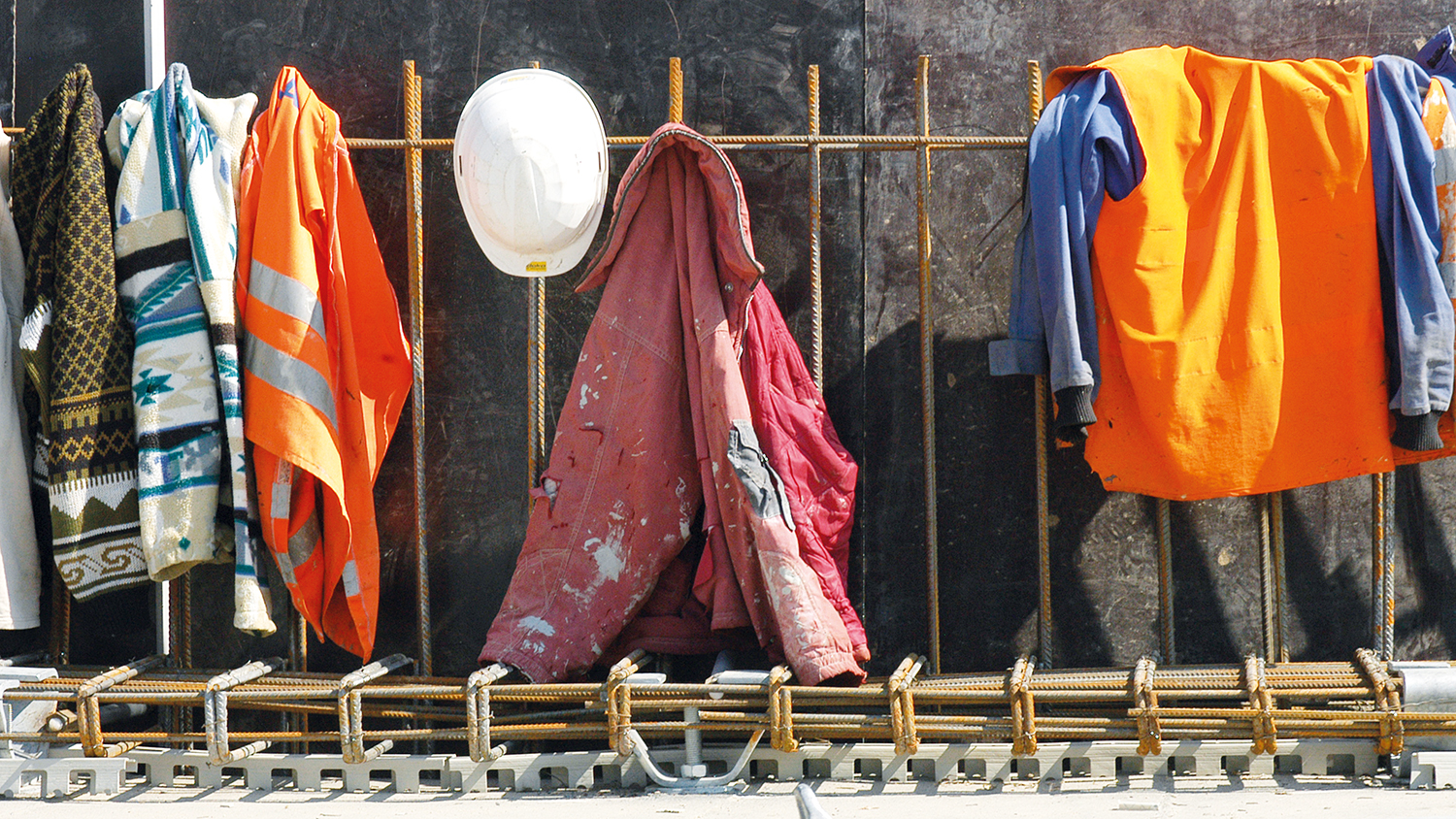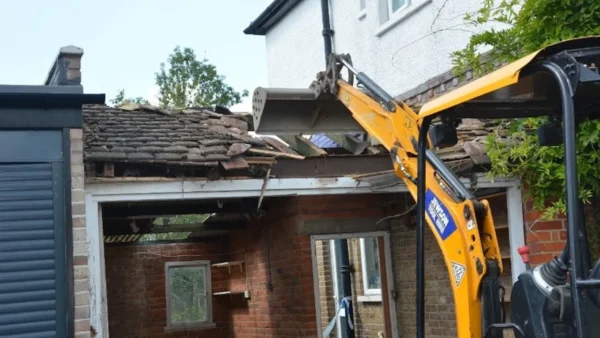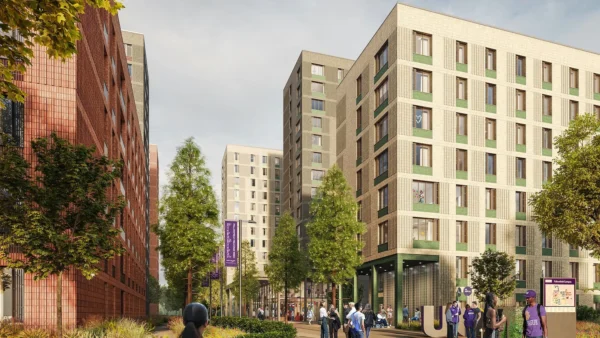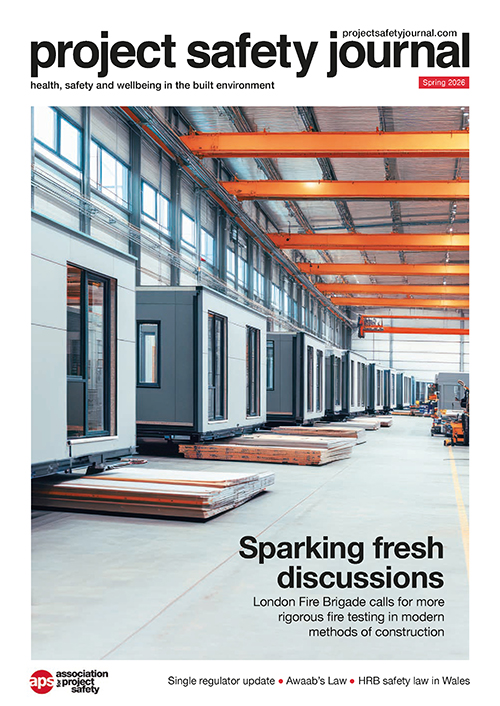
The UK’s built environment is at risk of becoming less safe because the industry is failing to attract new staff and is dominated by an ageing workforce.
A new survey of APS members shows job vacancies around the country are being filled by people moving from firm to firm and not by increasing the talent pool.
The situation is compounded by the pipeline of new staff being closed off due to Brexit.
The survey, which was published in May, found:
- vacancies in construction design risk management being filled but at increased cost and possibly reduced levels of skill and experience;
- the pool of candidates coming from people already working in the UK industry, with little sign of fresh blood; and
- an employment timebomb, with people leaving their jobs, often to retire, or with plans to stop work in the next three years.
APS president Ray Bone said: “Construction safety is at risk because fewer new people are coming into the industry. People are getting tapped on the shoulder and leaving an existing role in the construction industry to go to new jobs for higher salaries.
‘Sector is consuming itself’
“The construction sector is consuming itself – it’s eating its own tail. This can’t go on indefinitely as the pool of well-qualified and experienced construction safety professionals is drying up. That group is ageing and thinking about retiring and there just isn’t the new blood coming in behind them to make sure the UK’s construction sector stays safe in the future.”
This could have serious consequences for everyone involved in the built environment, said Bone.
“APS is calling on the government to help in the medium term by taking another look at the people we are able to attract from the European Union so the industry can bring in fresh people while it works to develop home-grown talent of our own,” said Bone.
APS represents around 3,500 professionals working in construction health and safety risk management. The research also showed members were:
- England-based: 84% live and work in England with a concentration based in London and the south east (32%);
- mature workers: 81% are older workers (45-75), with just under half of those saying they are going to retire or planning to in the next three years; and
- white and male: 80% identify as both white and male. Only 4% said their roots are in any of the key minority ethnic communities and just 16% identified as female.
View the survey here.











